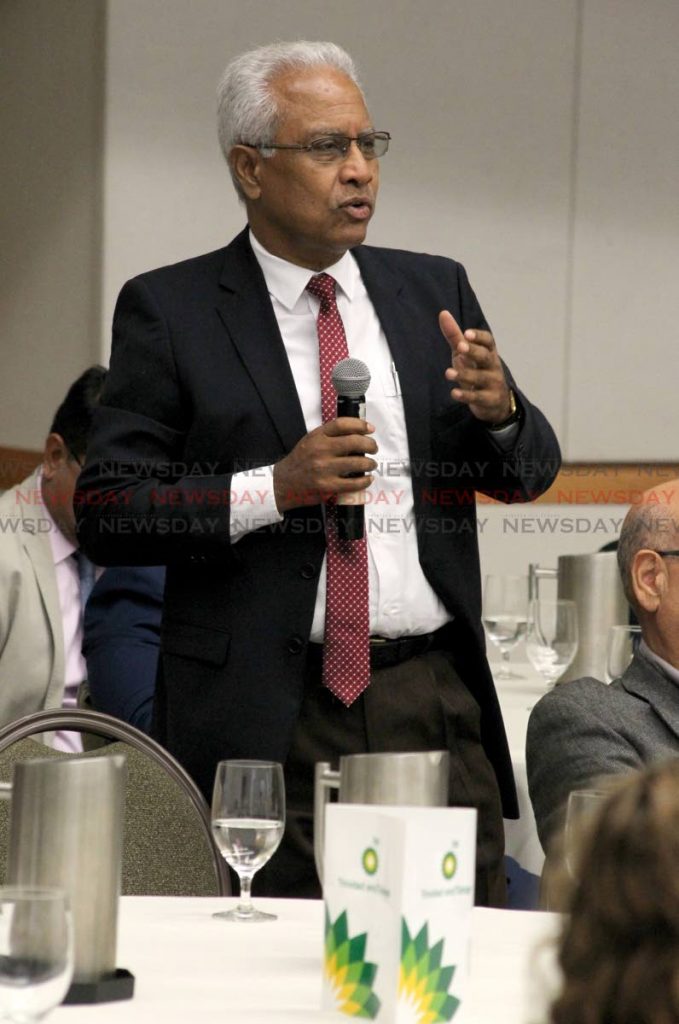Fair Trade head: No evidence of anti-competitive behaviour in Trinidad and Tobago

FAIR Trading Commission chairman Dr Ronald Ramkissoon has said the commission has not found any evidence that any company operating in Trinidad and Tobago is engaging in anti-competitive practices.
He made this statement during a virtual meeting between the commission and stakeholders on Thursday.
Anti-competitive practices are business or government practices that prevent or reduce competition in a market.
They include activities such as price-fixing, group boycotts and exclusionary exclusive dealing contracts or trade association rules.
Responding to a question about whether companies in TT are involved in any of these activities, Ramkissoon said, "We have not as of now identified specifically any particular action that falls within the remit of the (Fair Trading) Act."
He added that investigations are ongoing "in respect of what people consider anti-competitive behaviour."
As a result, the commission has not taken legal action against any entity over any such behaviour.
Ramkissoon said the commission has been spending some time over the last two years, educating the business community on what anti-competitive behaviour is.
"This economy has functioned for decades without a fair trading commission and there are certain practices that may or may not have been anti-competitive."
Ramkissoon said the commission is all for the growth of businesses and of competitive businesses.
"We are not about closing down businesses necessarily."
He explained there is a process to determine whether a business is engaging in anti-competitive practices. This includes reporting by people who suspect a business is doing so, an investigation by the commission, possible warnings to errant businesses and then legal action if necessary.
"We are about addressing that process as defined under the act."
Commission executive director Bevan Narinesingh agreed with Ramkissoon. He said the commission has powers under the act to deal with complaints of anti-competitive behaviour. Section 9 of the act gives it the power to search the premises of businesses suspected of anti-competitive behaviour to acquire relevant documents. This is done with a warrant approved by the court.
Narinesingh said the commission also looks at monopoly power and potential abuse of that power.
Under Section 20 of the act, a monopoly as an enterprise (on its own or being interconnected with other entities) has the economic strength to operate in the market without effective constraints from its competitors or potential competitors.
Section 21 (1) states a business with monopoly power "abuses that power if it impedes the maintenance or development of effective competition in a particular market." The act says this situation occurs when an enterprise controls more than 40 per cent of the market it operates in.
Noting supply-chain challenges facing the world due to the covid19 pandemic and ongoing Russian military action in Ukraine, Narinesingh said businesses should not use these situations "as a cover for anti-competitive activities."
He added there is no evidence of this contributing to the high prices of goods in TT.
Shipping Association president Hayden Alleyne said the pandemic had shifted the balance of trade and it was difficult to predict whether shipping freight costs would return to anything close to pre-pandemic levels in the near future.


Comments
"Fair Trade head: No evidence of anti-competitive behaviour in Trinidad and Tobago"